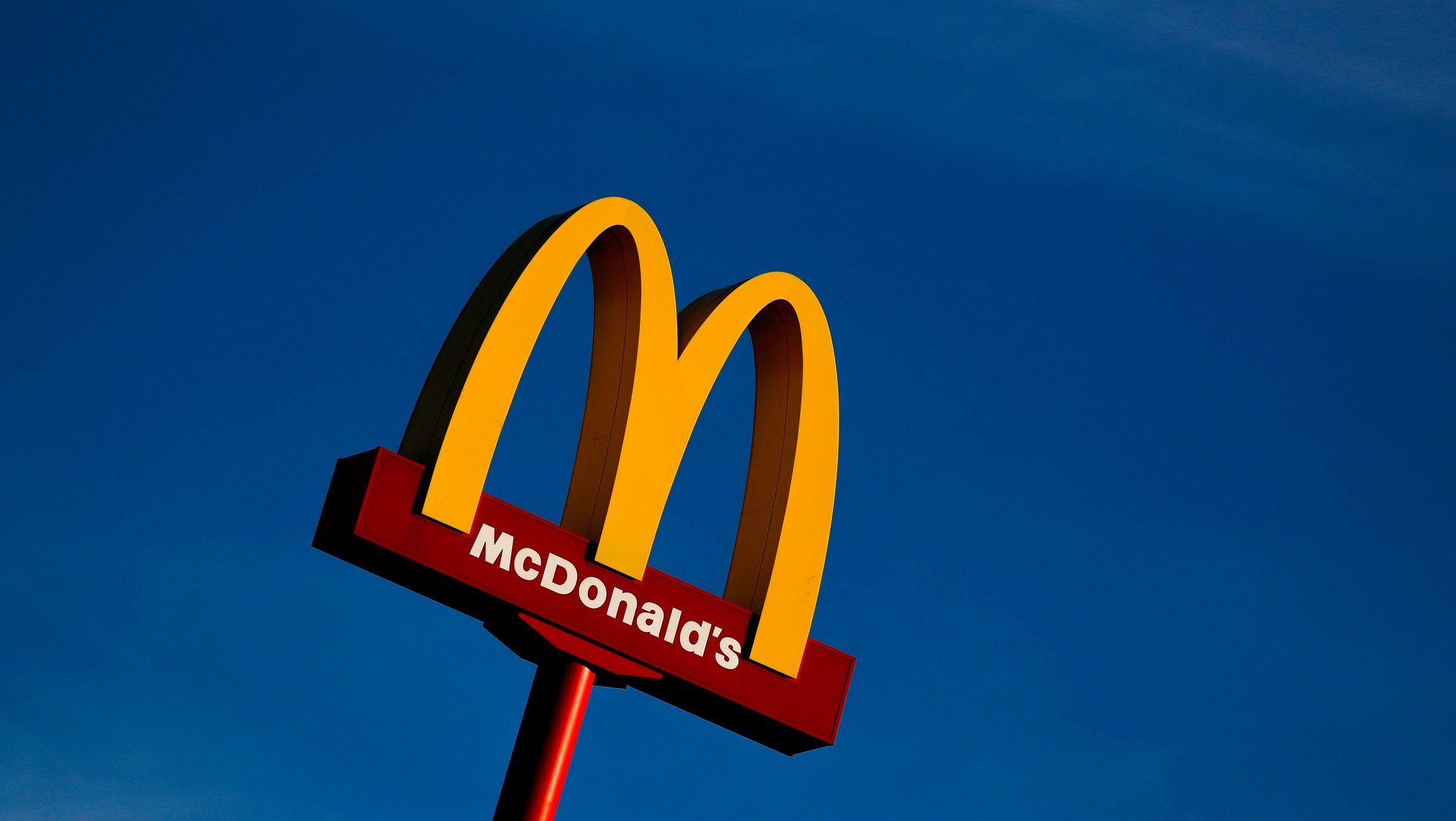Investors call on fast food to reduce water use and emissions
If cattle were a country, they’d rank as the world’s third largest emitter of greenhouse gases, prompting a coalition of investment funds with over $6.5 trillion under management to call on Jan. 29 for six of the world’s leading fast food chains to present a plan to curb their greenhouse gas emissions and reduce their use of water.


If cattle were a country, they’d rank as the world’s third largest emitter of greenhouse gases, prompting a coalition of investment funds with over $6.5 trillion under management to call on Jan. 29 for six of the world’s leading fast food chains to present a plan to curb their greenhouse gas emissions and reduce their use of water.
The campaign is asking the six food companies, which together control about 120,000 fast food outlets worldwide, to devise plans to reduce greenhouse gas emissions and water waste across their supply chains. The six are Domino’s Pizza, McDonald’s, Burger King parent Restaurant Brands International, Chipotle Mexican Grill, Wendy’s, and KFC and Pizza Hut owner Yum Brands. The letter targets meat in particular, noting livestock farming makes up 14.5% of global greenhouse gas emission, and is responsible for about 10% of global water use.
Targeting their largest clients, the fast food chains, offers leverage, said Brooke Barton, senior director of water and food at Ceres, the Boston-based environmental non-profit that organized the campaign alongside UK investor network FAIRR.
“The meat and dairy industry have really been digging in their hooves resisting setting [environmental] goals,” Barton said in an interview. After shareholders at Tyson Farms, a $40 billion a year farmer and processor of beef, pork and chicken, voted last year to reduce water waste and pollution by the company, Tyson family members with super voting rights quashed the move.
As the world faces a growing water crisis, cattle and livestock farming is one of the greatest threats to clean water, with vast amounts going to grow feed for livestock, and runoff from fields and animal farms polluting waterways and groundwater. Meat production was the worst-performing branch of agriculture in a 2017 study by Ceres called “Feeding Ourselves Thirsty”, an analysis of water-management practices across the supply chains of food companies. US meat producers received an average grade of 15 points out of 100.
The letter asks the food chains to decouple their impressive growth in recent years from “the mounting environmental impacts and risks linked to the production of animal proteins,” saying the risks can threaten the firms’ long-term financial health.
“Rising global temperatures and competition for water access are increasingly material factors for investors,” Eugene Mathieu, a senior socially responsible investing analyst at Aviva Investors, a London based firm with more than £315 billion ($414 billion) under management, wrote in a statement announcing the letter.
Increased environmental regulation, and fears over water pollution from intensive farming are “a rising threat to the long-term value of fast-food multinationals,” said Alice Evans of BMO Global Asset Management, which has over $260 billion under management.